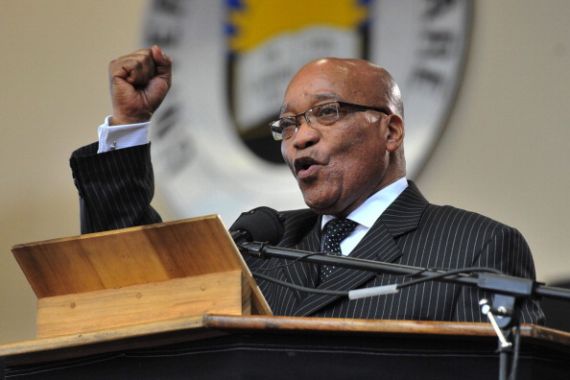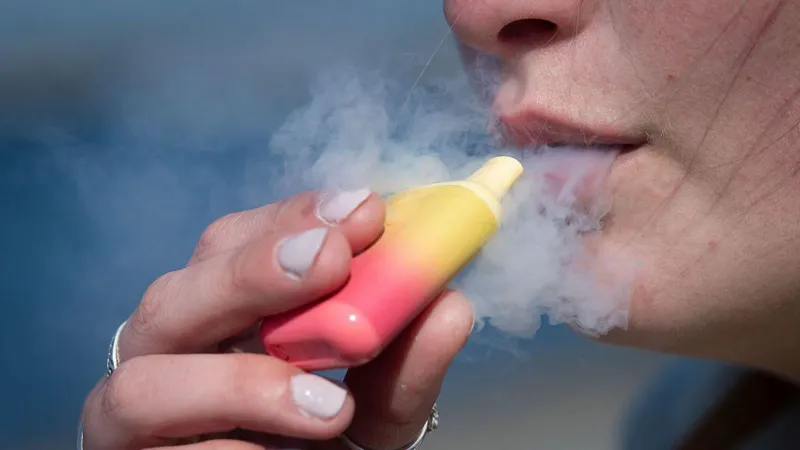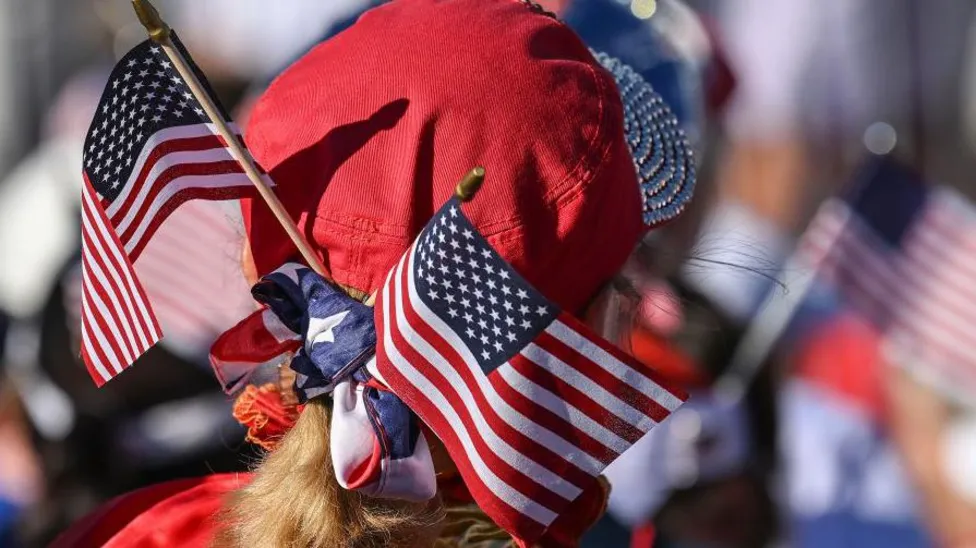Jacob Zuma election ban: How does it affect South Africa’s election?
Zuma’s party says it will appeal the decision, which could affect its rising challenge to the ruling ANC.

South Africa’s election authorities have barred former President Jacob Zuma from standing in the country’s May election, heightening political tensions as the vote approaches in a nation that many analysts believe could see its most competitive electoral contest since the end of apartheid and the initiation of democracy in 1994.
Here is what we know about the case and Zuma’s political future:
Who is Jacob Zuma?
Zuma, 81, served as the fourth president of South Africa from 2009 to 2018. During his youth, Zuma fought the apartheid government and was imprisoned with Nelson Mandela and other leaders of the African National Congress (ANC) on Robben Island.
In 1997, he was elected vice president of the ANC, and two years later, of South Africa – a position in which he served under President Thabo Mbeki, who became president after Mandela.
Zuma later rose to power as the leader of the ANC and the nation. His message and campaign inspired millions, especially the poorest. He took power promising a cleanup, but once he was there his mandate became tainted by numerous accusations of misconduct and corruption.
In April 2018, he was forced by the ANC to step down, faced with a looming vote of no confidence in parliament and deserted by many supporters. Zuma, famous for his populist rhetoric, tried to turn the narrative in his favour. “I never imagined that one day I would be here in this parliament fighting a new form of oppression,” Zuma said during that time. “A corrupt system that keeps our people imprisoned in poverty. If you told me that one day our democratically elected president would end up corrupted and captured by a criminal syndicate, I would have never believed you. But here we are.”
But under current President Cyril Ramaphosa, he was largely sidelined within the ANC.
In 2021, Zuma was sentenced to 15 months in prison after he refused to present himself in court during an ongoing corruption inquiry. Riots broke out as his supporters clashed with security forces. More than 300 people died in the unrest, eventually leading to Zuma’s release in September on medical parole.
Last year in December, the leader threw his support behind the newly formed party uMkhonto weSizwe (MK) or Spear of the Nation, leading to speculation he helped found the party.
“I cannot, and will not, campaign for the ANC of Ramaphosa,” Zuma said.
How could this decision affect South Africa’s coming election?
Zuma’s decision to turn against the ANC threatens his former party’s stranglehold over power in South Africa. Already, polls were predicting that the ANC could see its vote share fall below 50 percent for the first time. When the MK party launched last December, Zuma stated his intention was to give the ANC a hard time in the region.
The name of the party is significant: MK was also what the ANC’s former military wing was called under apartheid. It was co-founded by Mandela.
“The new people’s war starts from today,” Zuma said at the new party’s launch. “The only crucial difference is that instead of the bullet, this time we will use the ballot.”
Since the MK’s launch, the ANC’s vote share in opinion polls has dropped further: The latest, by polling firm Markdata in March, suggests the ANC has 41 percent of the national vote, and the MK, 11 percent.
Zuma’s ability to hurt the ANC is particularly pronounced in KwaZulu-Natal, his home province that is also South Africa’s second most populous. He also has considerable support in Gauteng, South Africa’s most populous province. These were the two provinces mostly affected by the 2021 riots over Zuma’s arrest.
Polling by the Social Research Foundation (SRF) released in February, suggests that when voters in KwaZulu-Natal were asked to choose between just the ANC and the MK, more than 60 percent of voters – and at least 70 percent of Black voters – said they would vote for the MK. Fewer than 20 percent of voters said they would choose the ANC over the MK.
Even with a multiparty contest, the MK could secure more than 20 percent of the vote in KwaZulu-Natal, the SRF poll concluded. That in turn could slash the ANC’s national vote share by 5 percentage points.
“These numbers are likely a game changer,” Frans Cronje, chairman of the SRF told Bloomberg in February.
“The ANC house is now on fire and whereas a few weeks ago the most plausible political scenario for South Africa was a steady decline of that party … the prospect is now rising that the roof may come crashing down very much faster,” he added.
If Zuma is not able to contest, it could dampen the momentum of the MK. But the protests of 2021 show that the move to bar him from the election could, especially if he is seen as a victim, also galvanise his loyal support base.
What’s next for Zuma and the MK?
After the announcement was made the MK said it would appeal the decision.
“In the case of former president Zuma, yes, we did receive an objection, which has been upheld,” Electoral Commission of South Africa head Mosotho Moepya said.
“The party that has nominated him has been informed” as have those objecting to the move, he added.
The decision can be appealed before April 2. MK spokesman Nhlamulo Ndhlela told AFP the party was “looking at the merit of that objection but we will of course appeal it”.
In the meantime, Zuma is expected to continue to campaign against the ANC. If the courts overrule the Electoral Commission verdict and Zuma is able to contest, it could resurrect his political career – and pose a particularly serious challenge to the ANC at a time when it is polling at its lowest since coming to power in 1994.
The ANC had petitioned the Electoral Commission to ban the MK from contesting the election. But the Electoral Commission rejected that petition. The ANC then appealed to a South African court. Earlier this week, that court struck down the petition, allowing the MK to compete in the May election.
South Africa is expected to hold general elections on May 29.
-al jazeera






